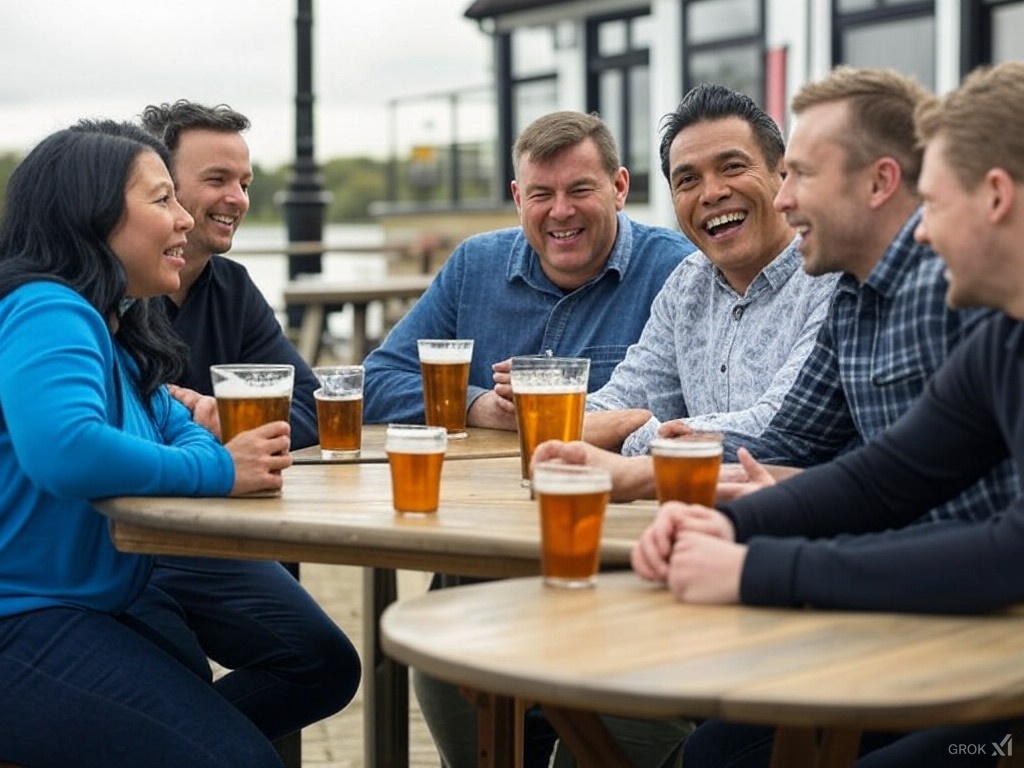Time to Rediscover Sociability?

22 January 2025
The vibrancy of the local pub, once a cornerstone of community life, has dimmed, as the landscape of social interaction seems to be shifting, with traditional venues like pubs and restaurants witnessing a decline in patronage. Can we rediscover our social soul?
The change in consumer social behavior is not only posing economic challenges for the hospitality industry but also raising questions about the nature of sociability in modern society as society has shifted to a lonelier, more individual and online lifes.
The data from the National Restaurant Association points to fewer people dining out, a trend that persisted even after the initial recovery from global health crises. Economic factors are at play, but there's more to it. The U.S. Bureau of Labor Statistics reports a significant drop in spending on eating and drinking outside the home, with the convenience of delivery services contributing to this shift.
This move away from communal spaces impacts more than just business; it affects the very essence of social connectivity. The Pew Research Center's findings show a decrease in face-to-face social engagements, with digital communication increasingly taking precedence. This is particularly evident among younger generations, who are more likely to connect online rather than in traditional social settings.
The consequences of this isolation are profound. Without the regular, casual interactions that places like pubs and restaurants foster, individuals might experience more loneliness and disconnection. The health implications of such isolation are well-documented, paralleling the risks of physical health issues like smoking or obesity.
In the hospitality industry, this signifies more than just a downturn in sales. The Office for National Statistics in the UK notes that such venues are losing their cultural significance as places for community events, celebrations, and everyday social life. Economically, the World Travel & Tourism Council (WTTC) warns that without adaptation, the sector could face further declines, impacting jobs and local economies.
However, there's a silver lining. Some businesses are responding by reimagining the social experience, offering spaces that cater to meaningful interactions or using technology to enhance the communal aspect safely. Grassroots movements are also emerging, focused on revitalizing 'third places'—those outside of home and work where people can gather.
Looking forward, the question becomes whether we need to rediscover what it means to be sociable in physical spaces. If current trends continue, we might see a future where digital connections are the norm, with traditional social venues becoming rarer or more specialized. Or, there could be a revival of the value placed on in-person interactions, leading to innovative ways to use these spaces.
In conclusion, the decline in visits to pubs and restaurants is more than an economic concern for the hospitality industry; it's a call to examine our social habits and connections. The challenge is to find a balance where technology complements rather than replaces human interaction, ensuring that the essence of being sociable isn't lost but rediscovered in new forms.
